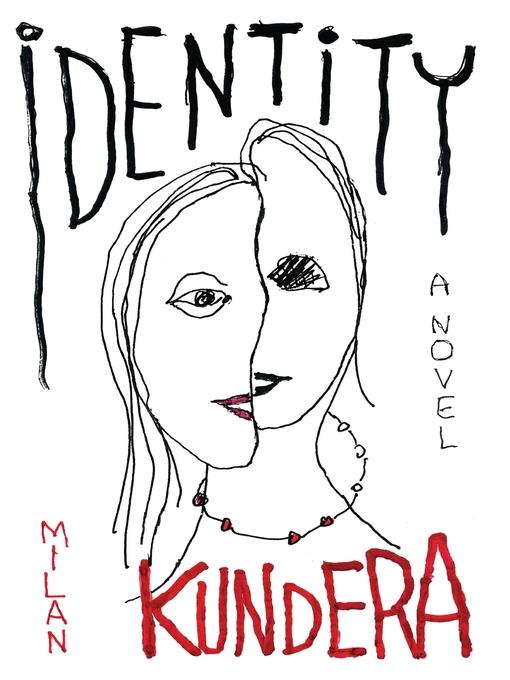
Identity
- اطلاعات
- نقد و بررسی
- دیدگاه کاربران
نقد و بررسی

May 4, 1998
In his second novel written in French (after Slowness), Czech-born novelist Kundera employs spare prose in the service of a meditation on the precarious nature of the human sense of self. Recently divorced ad executive Chantal, on a vacation with her younger boyfriend, Jean-Marc, believes that she is too old to be considered attractive by other men. For Chantal, identity is defined by the perceptions of strangers. Her dreams, to the extent that they impose a "leveling contemporaneity of everything a person has ever experienced," disturb Chantal. They remind her that she has a past, when she feels that she exists only in the present, that she is who she is only at any given moment. When she returns from her vacation, she begins to receive letters from an anonymous admirer. She suspects each new man she encounters to be the mysterious scribe and fantasizes how each might perceive her. Gradually, these letters, along with a few dreams, affect how Chantal views herself and her relationship with Jean-Marc, until her feelings and identity become unrecognizable both to her lover and to herself. At the end of the book, the unnamed narrator asks: "At what exact moment did the real turn into the unreal, reality into reverie? Where was the border? Where is the border?" Kundera has long explored themes of impermanence and fluctuating identity--often to memorable effect, particularly in The Unbearable Lightness of Being and even in the more recent Immortality. His new novel lacks a certain vitality, however, perhaps because, torn from any historical or political context, Kundera's metaphysical musings aren't very engaging, or perhaps because the book lacks the ironic edge that Kundera's admirers have come to expect.




دیدگاه کاربران